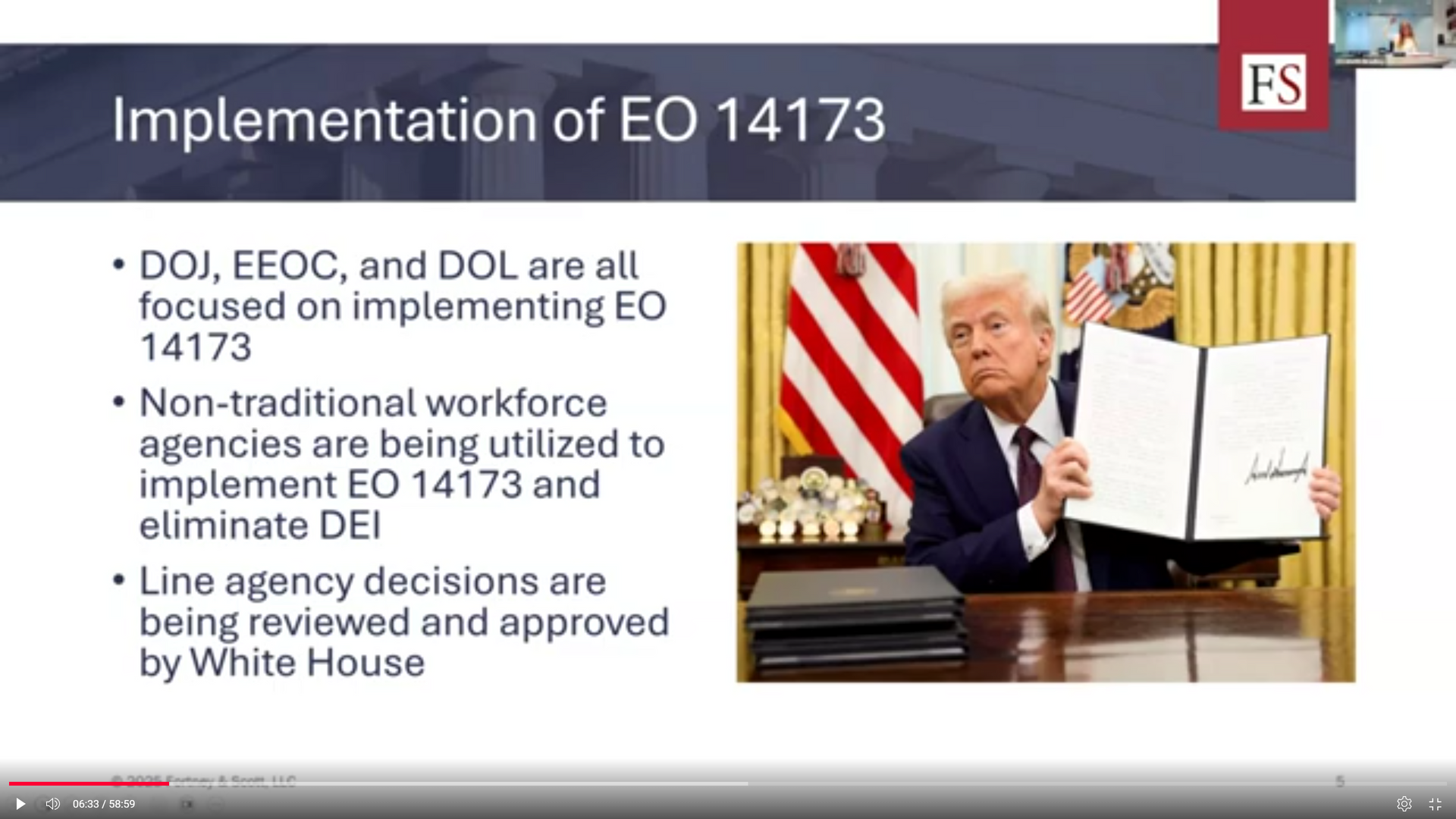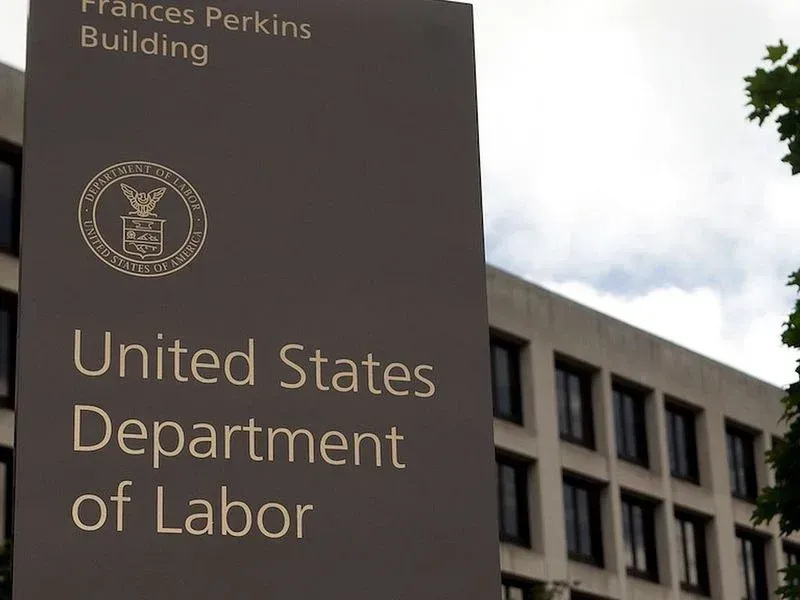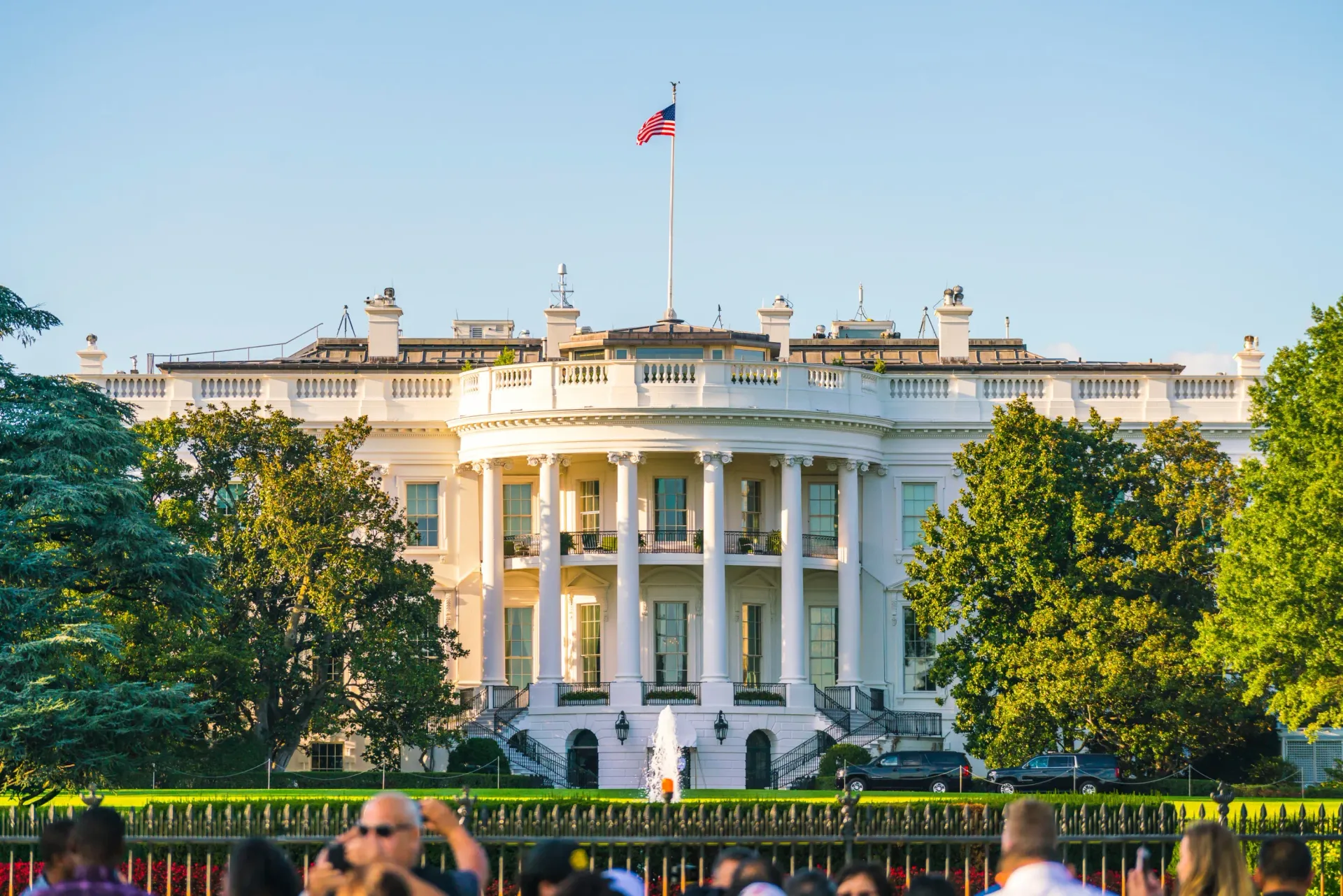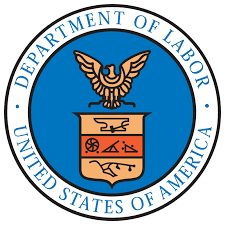FortneyScott Joins Forces to Support Supreme Court Review of Rizo Prior Pay Decision
In the wake of the Ninth Circuit’s decision in Rizo v. Yovino , FortneyScott, on behalf of the Society for Human Resource Management (“SHRM”), partnered with the U.S. Chamber of Commerce to file a brief for amici curiae in support of the employer’s petition for writ of certiorari on October 4. At issue before the Supreme Court is whether prior salary is a “factor other than sex” as defined by the Equal Pay Act (“EPA”).
The Ninth Circuit decision unanimously held that “any other factor other than sex” is limited to legitimate, job-related factors such as a prospective employee’s experience, educational background, ability, or prior job performance. As such, the Ninth Circuit held that allowing an employer to justify a wage differential between men and women on the basis of prior salary is wholly inconsistent with the provisions of the EPA. However, the Court left open the possibility that prior salary could potentially play a role in individualized salary negotiations.
In light of the Ninth Circuit decision, Yovino filed a petition for writ of certiorari on August 30. As a result, a number of key employer-side groups, including SHRM, expressed support for U.S. Supreme Court review in order to clarify the significant and important question of whether employers can rely on prior salary history in setting workers’ wages. The support for Supreme Court review is also strengthened by the fact that there is a deep circuit split on the ability and legality of employer’s reliance on prior salary and a Supreme Court decision would result in a uniform policy across the nation for all employers.
We expect the U.S. Supreme Court to issue a decision on the petition for writ of certiorari by the end of this year. In the meantime, if you have any questions or assistance on how to navigate the complexities surrounding pay practices, or if you are interested in learning more about the status of the case generally, contact your FortneyScott counsel.


















